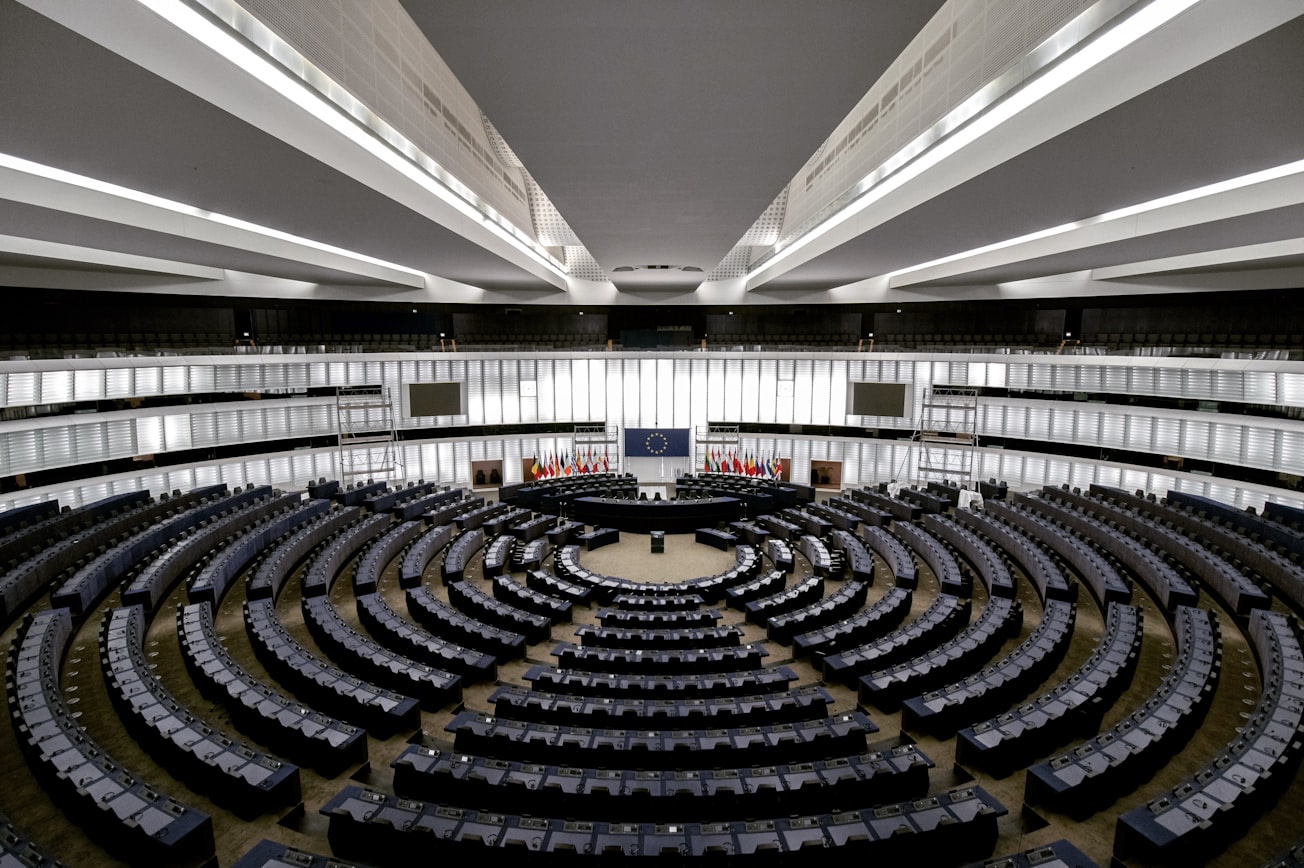What is it about?
International cooperation on the reduction of greenhouse gas emissions, disarmament, or free trade needs to be negotiated. Utilizing a laboratory experiment and game theoretical analysis, we find that the success of negotiations to promote cooperation strongly depends on the kind of commitment negotiated. In the context of international climate policy, our findings indicate that individual commitments (as negotiated in the Paris Agreement) and complex common commitments (as negotiated in the Kyoto Protocol) tend to have only limited success in promoting cooperation. Shifting the negotiation focus to a uniform common commitment, such as a minimum carbon price, may potentially foster more ambitious cooperation and thus help mitigating climate change.
Featured Image

Photo by Frederic Köberl on Unsplash
Why is it important?
To achieve ambitious climate action, countries have to voluntarily agree to a common commitment. Our findings show a uniform common commitment (such as a uniform carbon price) can induce the negotiation parties to cooperate more efficiently.
Perspectives
The human subject experiments offer a fascinating insight into the negotiation dynamics and how different negotiation design have a causal impact on the negotiation outcome.
Klaus Schmidt
University of Munich
Read the Original
This page is a summary of: Focusing climate negotiations on a uniform common commitment can promote cooperation, Proceedings of the National Academy of Sciences, March 2021, Proceedings of the National Academy of Sciences,
DOI: 10.1073/pnas.2013070118.
You can read the full text:
Contributors
The following have contributed to this page










